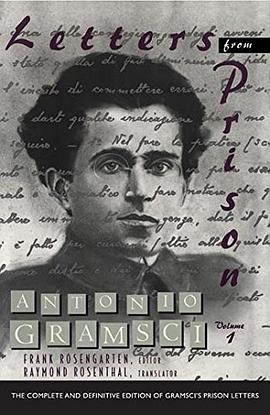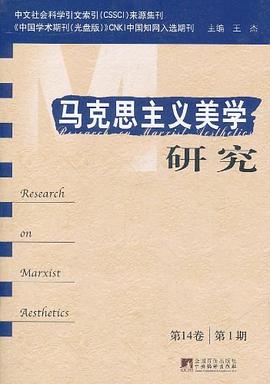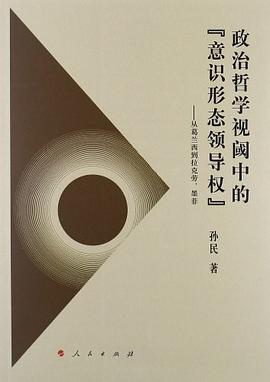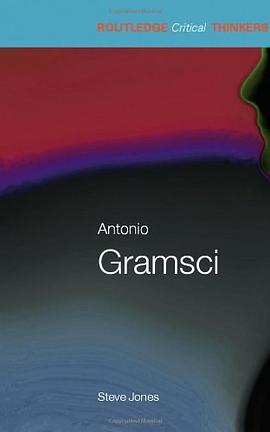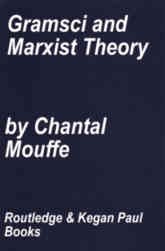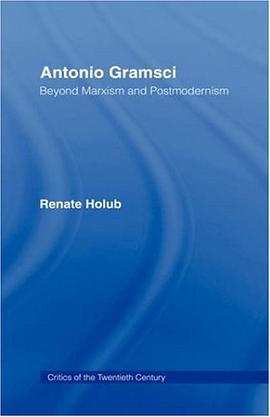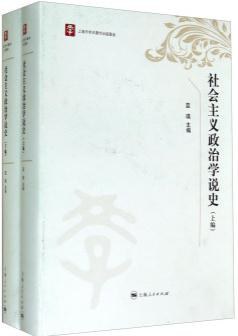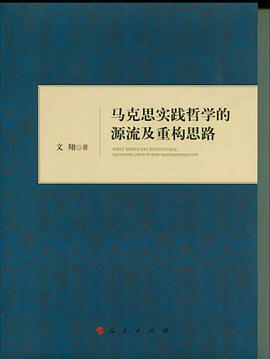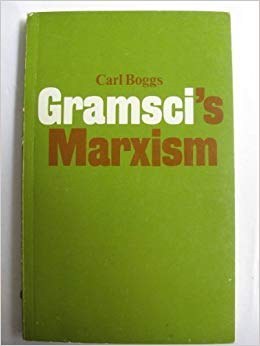

具体描述
作者简介
Though he died as Benito Mussolini's prisoner, leaving only newspaper articles and fragmentary notes, Antonio Gramsci is now seen as the most significant Marxist thinker since Lenin. This volume is the first English translation of his writings on culture, organically and coherently edited from his journalism and his Prison Notebooks.
Gramsci writes about the popular and the great artists from Jules Verne to Dante, but not as so many timeless monuments. He sees artworks in the context of their reception and their absorption in particular cultures and histories. He is sensitive to the politics of culture as well as to the demands of philological scholarship, as his superb work on Dante in this volume shows. We have in this book Gramsci's changing views on particular literary movements and authors, as well as his ideas on the nature of proletarian and popular cultural criticism. Throughout he is concerned with cultural analysis and strategy rather than literary criticism by itself. The headnotes and footnotes prepared by Forgacs and Nowell-Smith address themselves both to the circumstances surrounding the composition of each segment and to the central problems of contemporary Gramsci scholarship. Antonio Gramsci is the twentieth-century writer who has most brilliantly and suggestively explored the ties that bind culture and politics. The publication of this collection is an event of major significance for theorists of all sorts.
目录信息
读后感
评分
评分
评分
评分
用户评价
这部文集的整体气质是极其内敛而又充满力量的。它不靠华丽的辞藻堆砌来吸引眼球,而是依靠一种严谨的逻辑链条和持续不断地引发思考的议题来抓住读者的心。我特别喜欢其中关于“仪式与身份重塑”的探讨。作者并没有将仪式简单地视为重复性的动作,而是将其视为文化主体在特定历史节点进行自我确认和对外宣告的“语言”。这种视角的转换,让我重新审视了许多日常生活中的固定行为——看似平淡无奇的聚会、庆祝乃至告别,背后都蕴含着复杂的文化代码。阅读此书,就像在参与一场漫长而有深度的智力游戏,需要全神贯注去捕捉那些微妙的暗示和潜台词。它要求读者投入时间与心智,但它所回报的,是一种更深刻、更具批判性的世界观。坦率地说,这本书不是那种可以“快进”的作品,它需要你放慢呼吸,与作者一同沉浸在历史的厚重与文化的迷人复杂性之中,才能真正体会到它所蕴含的巨大价值。
评分我必须承认,这本书带给我的震撼,更多来自于其对“边缘地带”的关注。它没有将目光聚焦于那些耳熟能详的、被主流历史反复书写的辉煌文明,反而将聚光灯投向了那些声音微弱、处于变迁边缘的族群和习俗。作者似乎有一种强烈的使命感,即记录和保存那些行将消逝的文化印记。这种对“非主流”的尊重和深入挖掘,不仅拓宽了我们对人类多样性的认知,更带来了一种深刻的紧迫感——我们正在失去什么?那些关于生存、艺术和社群构建的独特解决方案,正随着全球化的洪流而迅速褪色。书中对某些语言的词汇结构分析尤其引人入胜,那些特定的词汇,承载着我们现代语言中早已丢失的生态智慧或情感层次。对于那些渴望超越主流叙事、探寻人类经验更丰富维度的读者而言,这本书无疑是一份宝贵的地图,它指引我们走向那些鲜为人知但同样光芒万丈的精神领域。
评分说实话,我拿到这书时,内心是有些许忐忑的。我以为它会是一本枯燥的学术论著,充斥着晦涩的理论术语和密集的脚注,最终变成书架上积灰的装饰品。然而,事实却大相径庭。它的叙事节奏把握得极佳,如同精心编排的交响乐章,有起伏、有张弛。作者似乎深谙如何用最平易近人的语言,去解构那些看似宏大而复杂的文化现象。有一篇关于“时间感”的论述,从一个偏远部落对四季更迭的感知,自然过渡到现代都市人被时钟奴役的焦虑,这种跨越尺度的对比,既生动又令人警醒。我发现自己不再是被动地接受信息,而是在跟随作者的思路,主动地在脑海中构建图像和联系。书中偶尔穿插的那些轶事或民间传说,更是点睛之笔,它们让冰冷的文化概念瞬间有了温度和人性。这种将宏大叙事与个体经验巧妙融合的写作手法,使得全书读起来酣畅淋漓,即便是对相关领域知之甚少的读者,也能从中汲取到乐趣和养分,实在是一次愉悦的阅读体验,全然没有“阅读”这件事本身带来的压力感。
评分这部作品的魅力,在于其近乎偏执的细节考究和罕见的客观性。许多探讨文化的作品,难免会带有作者强烈的时代滤镜或个人价值判断,但此书却展现出一种罕见的“抽离”感。它像一个经验丰富的外科医生,冷静地解剖着不同文化结构下的各个组成部分,力求还原其原始状态,不去轻易评判其“优劣”。比如,在描述一种古老的文字系统时,作者不仅解释了其符号的意义,更深入探讨了这种书写方式如何反过来塑形了使用者的思维模式——笔画的结构、书写的方向,都内含着特定的世界观。这种深入到微观层面的分析,让人不得不佩服其学术功底的深厚。但更难能可贵的是,这种深度分析并没有使文字变得晦涩难懂。作者像一位高明的翻译家,将深奥的文化人类学洞见,转化成了清晰、富有画面感的文字。读完后,我感觉自己对“文化”的理解不再是笼统的概念,而是由无数精妙的、相互关联的实践和信念构成的复杂有机体。
评分这部作品,初读之下,便被一种跨越时空的对话感所吸引。它并非仅仅是文字的堆砌,更像是一扇通往不同文明肌理的窗户。作者的笔触细腻入微,总能在看似寻常的叙述中,捕捉到文化深处的某种张力或微妙的和谐。例如,在探讨某种传统仪式时,他没有直接给出结论,而是通过描摹参与者的神态、环境的氛围,让读者自行去体会那种代代相传的集体记忆的重量。我尤其欣赏它处理“差异性”的方式——它不倾向于将文化进行标签化或对立化,而是着重展现不同文化在面对人类共同的生存困境(如生老病死、对意义的追寻)时,所呈现出的不同侧面的智慧光芒。阅读过程中,我时常停下来,反复咀嚼那些富有哲理的短句,它们如同散落在广袤文化田野中的宝石,需要细心发掘才能焕发光彩。这本书成功地搭建了一种尊重与理解的桥梁,让人在阅读的同时,也在进行一次深刻的自我反思:我所认知的“文化”,其边界究竟在哪里?这种沉浸式的体验,远超乎我预期的“阅读一本关于文化”的书籍的感受。它更像是一次精神上的远行。
评分葛兰西狱中及狱前有关文化(于葛兰西即文学与艺术)的章节
评分葛兰西狱中及狱前有关文化(于葛兰西即文学与艺术)的章节
评分葛兰西狱中及狱前有关文化(于葛兰西即文学与艺术)的章节
评分葛兰西狱中及狱前有关文化(于葛兰西即文学与艺术)的章节
评分葛兰西狱中及狱前有关文化(于葛兰西即文学与艺术)的章节
相关图书
本站所有内容均为互联网搜索引擎提供的公开搜索信息,本站不存储任何数据与内容,任何内容与数据均与本站无关,如有需要请联系相关搜索引擎包括但不限于百度,google,bing,sogou 等
© 2026 book.quotespace.org All Rights Reserved. 小美书屋 版权所有


